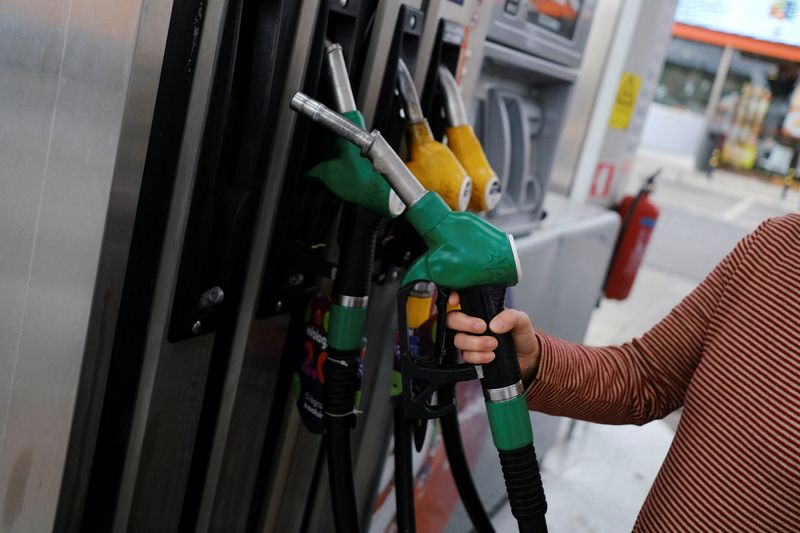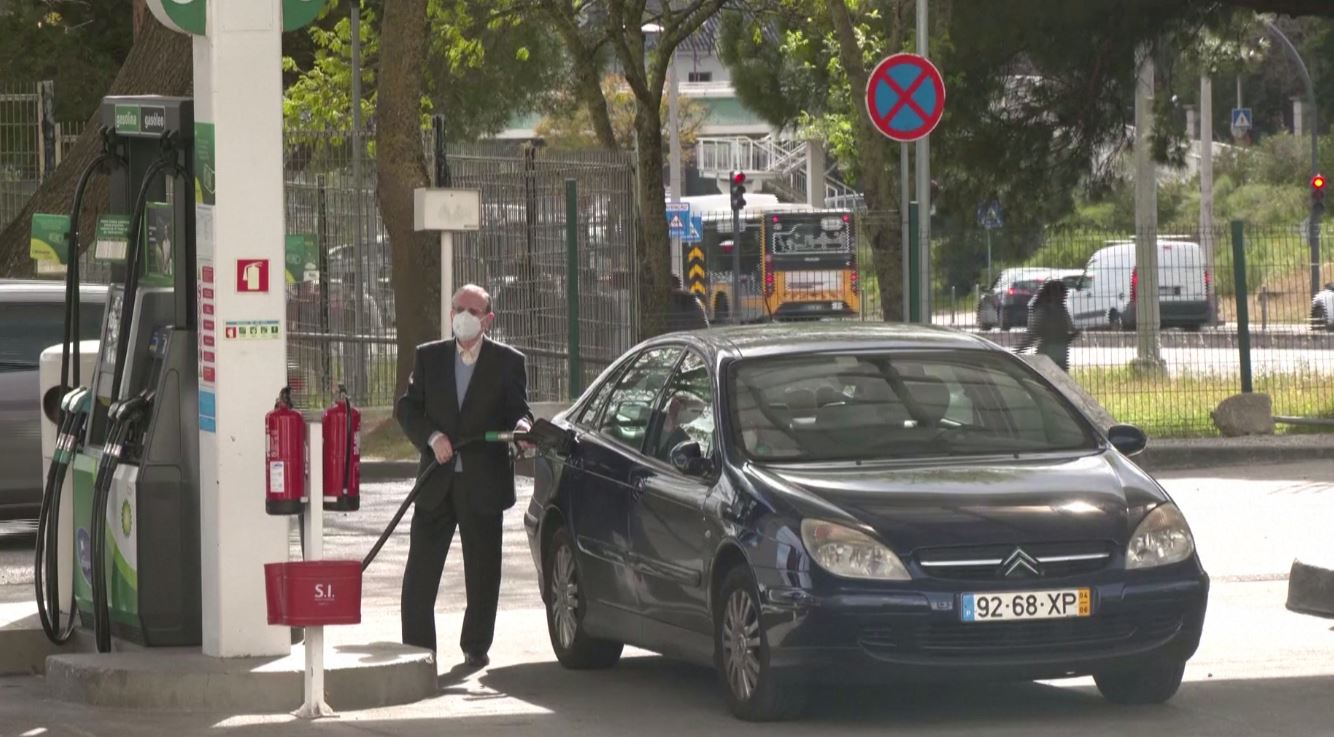INTERNATIONAL: Already struggling with rising living costs, ordinary Europeans now face an even deeper hit to their livelihoods as the conflict in Ukraine pushes fuel and food prices higher and threatens to spark an all-out recession.
The surging price of crude oil on world markets has led to the biggest ever weekly jump in gasoline prices at some service stations around Europe, pushing them in some cases above 2 euros or $2.21 usd for a litre of unleaded fuel.
"The problem is not the price it will be tomorrow, but how much gasoline will cost 15 days from now, we think that it is going to cost much more. I think bad times are ahead of us," 76-year-old Madrid pensioner Alejandro Oterino has said.
That fear of prices spiralling out of control is precisely what the European Central Bank must try to allay at its meeting on Thursday ,March 10, when ECB chief Christine Lagarde will aim to prove it can keep a lid on inflation in the euro area that had already leapt to a higher than expected 5.8 percent before Russia's invasion.
"There is a natural pressure on central banks to keep inflation expectations low via communication but at the same time they risk losing credibility," according to an economics professor at Leipzig University.
In Portugal, western Europe's poorest country with 10% of the population on a minimum wage of 705 euros, motorists have been rushing to fill tanks before any more price hikes come in. A diesel car with a 50-liter tank costs 91 euros to fill up.
Knock-on impacts are being felt already. Activity in the Portuguese-Spanish border have increased recently as many drivers have decided to cross to Galicia or Extremadura in Spain to fill their tanks cheaper.
German motoring organisation ADAC have estimated that diesel prices had spiked a massive 28 percent in six days , in part because home-owners were stepping up purchases of heating oil, still used by many Germans to heat their houses.
For now, increases in the end-prices of food have been less dramatic. But with Ukraine and Russia both exporters of grain, and Russia a major supplier of fertilisers, concern is growing that this will add to inflationary pressures as the war goes on.
The fear now is that this will hit consumer spending even harder, especially among the low-income households who fared worst during pandemic lockdowns in which they did not benefit from furloughs or faced other hits to their livelihoods.
First the pandemic with little work and about 70 or 80 percent of loses. Then the price of electricity starts going up, but the problem is that it does not stop going up. Every day it goes up and it has not doubled itself, it has tripled itself. People have gone from paying about 400 Euros to 1000 euros.
In Britain, the Resolution Foundation think tank estimated the conflict would lead to wider inflation shaving 4 [ercent off the real level of typical household incomes over the coming year, the sharpest fall in nearly half a century.
An expert says that the governments now must inevitably have to pump more support into the economy to help the worst-hit, the only way to avoid a vicious circle of more inflation was for the bank to pursue its tightening path.

PHOTO: DRIVERS FILLING UP THEIR VEHICLES WITH FUEL IN MADRID AND LISBON, EXTERIORS OF FUEL STATIONS AND ELECTRONIC BOARDS DISPLAYING GAS PRICE, COSTUMERS COMMENTING ON ENERGY PRICES, ELECTRIC TOWERS, ELECTRIC METRES, PORTUGUESE CROSSING BORDER TO SPAIN TO FILL THEIR TANKS, LAUNDRY OWNER SHOWING ELECTRIC BILL AND COMMENTING, SIGNS ANNOUNCING SUNFLOWER OIL RESTRICTIONS AT SUPERMARKET






















